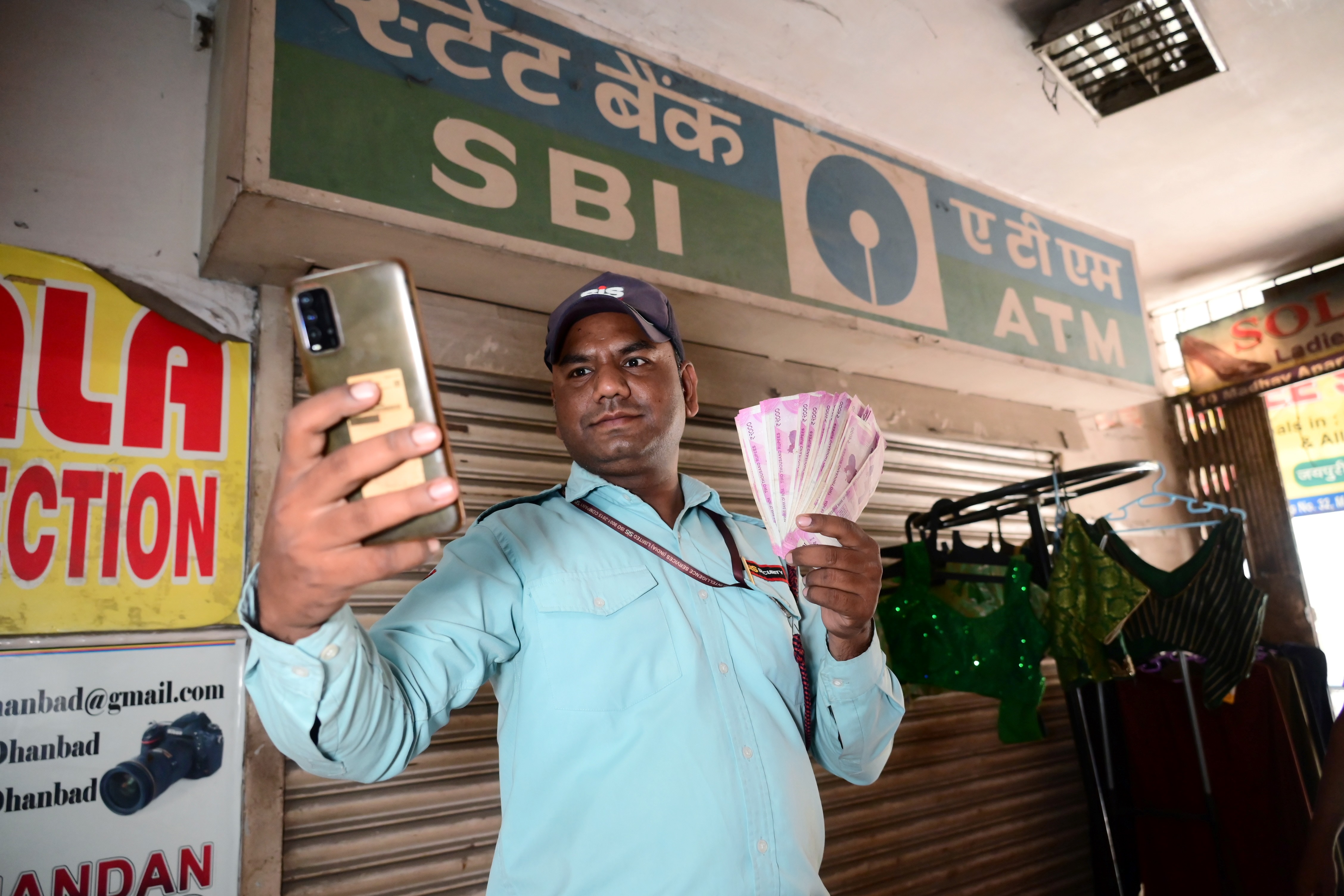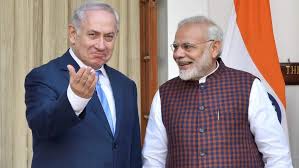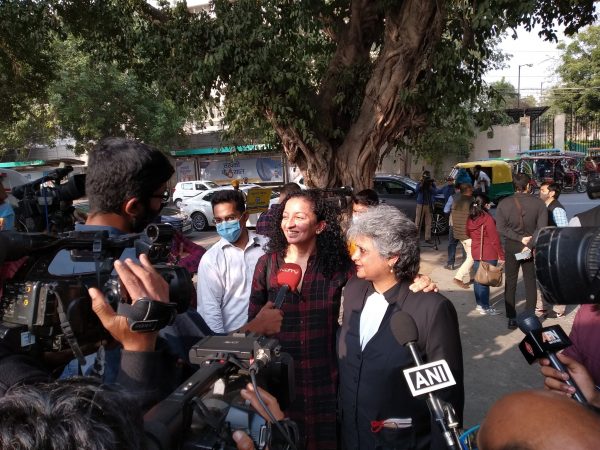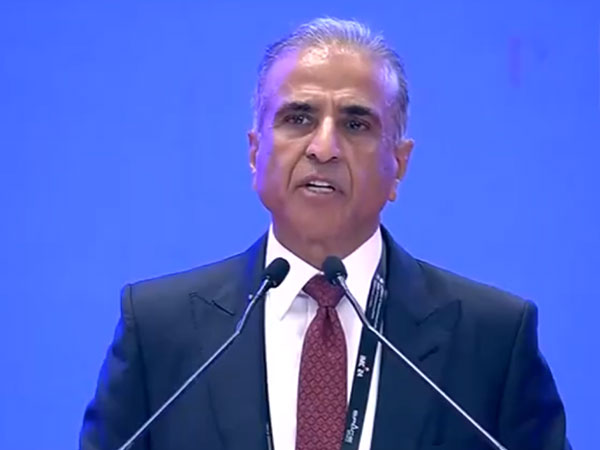The bank also unveils strategies for bolstering the MSME sector and outlined the measures the bank is implementing for small and medium-sized enterprises
Our Bureau
Mumbai/New York
In a terrific news for Indians living abroad, the State Bank of India (SBI) has introduced a digital facility for Non-Resident Indians (NRIs) to effortlessly open NRE and NRO accounts (both savings and current accounts) through its mobile app YONO. This service is designed for NTB or ‘new to bank’ customers, providing them with ease and efficiency in the account opening process.
SBI said in a statement on Monday that the initiative fulfils a long-standing demand from NRI customers for a hassle-free way to open and manage their accounts in India.
A Non-Residential External (NRE) account is a bank account opened in India in the name of an NRI, to park his foreign earnings; whereas, a Non-Resident Ordinary (NRO) account is opened in India in the name of an NRI, to manage the income earned by him/her in India. These incomes include rent, dividend, pension, interest, etc.
The bank has leveraged technology to create a seamless, digitized account opening process that ensures efficiency and accuracy, making it a one-stop solution for NRI banking needs, it said.
Customers can track the status of their applications in real-time, keeping them informed every step of the way, it added.
Recently, SBI Life Insurance, one of the most trusted private life insurers in the country, recently launched its very first ‘LifeVerse Studio’, on Metaverse to connect with the next wave of young internet users and revolutionize consumer experience in an immersive virtual world. The objective behind the move is to connect, empower and engage with today’s new age consumers and reshape brand interactions. To further strengthen its commitment towards empowering both the employees & consumers at large, the company aims to launch its presence on metaverse in phases, SBI Life’s ‘LifeVerse Studio’ being the first phase.
In another development, SBI Managing Director Ashwini Kumar Tewari shared SBI’s strategies for bolstering the MSME sector and outlined the measures the bank is implementing for small and medium-sized enterprises (SMEs).
The Managing Director emphasized SBI’s commitment to initiatives like the Mudra scheme and various plans aimed at fostering the growth of small and medium enterprises.
He said “Formalisation of MSMEs leads to a lot of data which is available to banks and this increases the quality of underwriting. If lending happens on the basis of quality data due to formalisation, then it would lead to lesser delinquencies.”
The Managing Director of SBI further added “Availablity of Credit Guarantee Fund Trust for Micro and Small Enterprises (SME) and National Guarantee Trust for ‘Mudra Loans’ run by ‘SIDBI’ and government will run lesser losses. If unsecured retail loans are going up then RBI (Reserve Bank of India) will have to caution everyone when underwriting is done. SBIs unsecured retail is largely salary based and delinquency risk is much lower in Salaried based. We are fairly safe and going further, we will have to do a better job.”
Asking on Fintech he said “We are in talks with two fintech’s for recovery. The model of one Fintech is conciliation wherein they explain the consumer. The other one studies the model of the likelihood of a customer’s defaulting. The pilot program is currently underway, and we will reveal the names at a later stage as it’s in the initial phases.”
SBI Chairman Dinesh Kumar Khara, speaking at the SME Finance Forum platform, noted, “SME financing is evolving in a manner similar to retail financing, with most credible information now accessible through digital channels.”
SBI chairman Dinesh Kumar Khara said that “SME (small and medium enterprise) financing is evolving along the lines of retail financing, SME financing is charting the path of retail financing, with most of the credible information sources being available through digital mode.”
Minister of State Bhagwat Karad, highlighted on Tuesday that, “MSME plays a very important role in the development of the Indian economy. Currently, around 6.3 crore MSME enterprises are working in India and have generated around 11.1 crore employment opportunities. Around 30 per cent of GDP comes from MSME and the growth rate every year is 10 percent.”


























